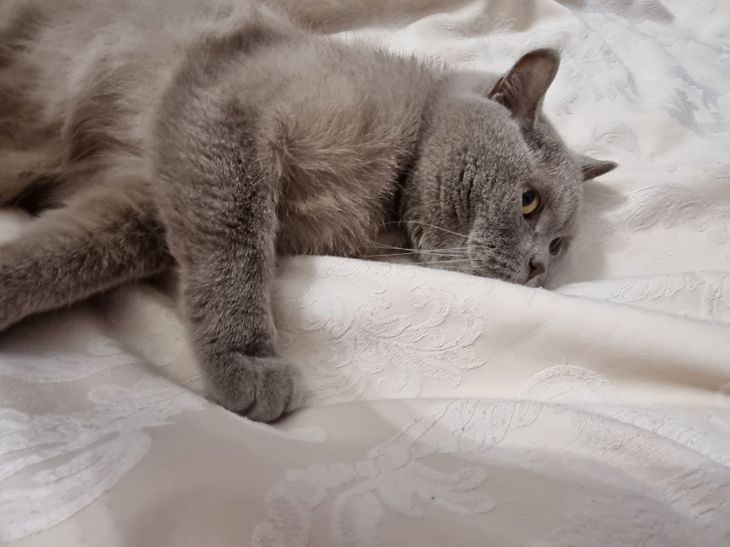Why does a cat always lie down on its owner's place?
Cats are famous for their independent character, but at the same time they often choose their owner’s place for rest.
This behavior causes a mixture of affection and bewilderment in the owners.
Why do furry pets so persistently occupy their person’s favorite chair or pillow?
Instinct and sense of security
Cat behavior is largely determined by instincts. The owner's place seems to the cat to be the safest corner in the house.
The animal feels that the person would protect this space in case of danger, so it becomes ideal for rest. In addition, the owner's scent creates an additional feeling of security and comfort.

Territorial behavior
Cats are territorial animals. By taking the place of a human, a cat demonstrates its belonging to the "family pack" and confirms its status in the hierarchy of the home pride.
In this way, the pet shows that it considers itself an equal member of the family.
Warmth and comfort
The place where the owner often sits or lies is usually warm and cozy.
Cats love comfort and warmth, so a heated chair or sofa becomes an ideal place for them to sleep. The soft texture and residual warmth attract the animal like a magnet.
Attention and affection
By taking the owner's place, the cat may try to attract attention to itself. Animals are very sensitive to the emotional state of a person and sometimes try to comfort him with their presence.
By lying down in the owner's place, the pet expresses its affection and desire to be closer.
Scent mark
Cats communicate using scents. By lying down on the owner's place, the pet mixes its scent with the human scent, thereby strengthening the bond and marking a common territory.
It is important for a cat to have its scent present in the house along with the scent of other family members.
How to respond to such behavior
If the owner is upset that the cat is taking his place, it is worth offering the pet an alternative - a cozy bed nearby or a special house.
It is important not to punish the animal for such behavior, but to gently redirect its interest. Regular games and affection will help the cat feel loved and protected without the need to take the place of the owner.
